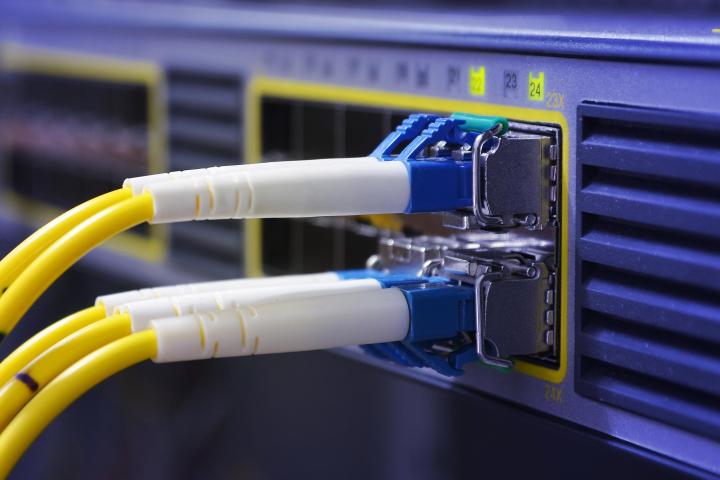If you live in a residential apartment building or complex, you could soon find yourself with better or more affordable choices for home broadband internet.
With one in three people in the United States residing in an apartment complex, new rules approved by the Federal Communications Commission, or FCC, could have wide-reaching effects on broadband competition, which would benefit apartment dwellers who are increasingly finding themselves working and studying from home.
As it stands, many apartment complexes have limited internet options, making it harder for them to switch to a competing provider if they dislike their current service provider. With the FCC opening up competition so that more ISPs can service multi-tenant environments — including apartment complexes, condominiums, public housing, and mobile home parks — you can find yourself with an influx of choices when it comes to Internet service providers.

“In too many of these places, broadband choice can be especially hard to find,” FCC chair Jessica Rosenworcel said of the current situation. “There’s often only one provider, and that means those who live there can wind up paying higher prices for lower quality service.”
This is all about to change later this year when the FCC’s rules take effect.
The FCC unanimously approved in a 4-0 vote on Tuesday to ban broadband providers from entering into exclusive contracts with landlords that are designed to keep competitors out. The commissioners want to end select revenue-sharing agreements and force existing ISPs to disclose any exclusive arrangements they may have with landlords. And according to reporting from The Verge, any sale and leaseback agreements would be banned as well. These types of agreements would allow providers to sell wiring to a landlord and exclusively lease back the lines to be the sole service provider.
The FCC rules would allow a tenant to subscribe to any ISP that provides service in their area.
Accessible Internet access has been a priority for the administration of President Joe Biden. To address the impacts of more Americans working and studying from home, the administration has focused on narrowing the digital divide, and it had launched programs like the Affordable Connectivity Program (ACP) to provide subsidized broadband access to low-income households. The ACP was designed as an extension of an earlier pandemic-related relief program called the Emergency Broadband Benefit (EBB) that was scheduled to end when federal funding expires. The latest rules are part of Biden’s executive order to boost telecom competition.
The FCC’s new rules are a great first step in the right direction, but some argue that they still don’t go far enough. The rules do not include anti-steering language, which would have prohibited landlords from “steering” tenants towards one service over another.
In addition to opening up competition in the fixed, wired broadband market, apartment dwellers also have options that aren’t part of the FCC’s latest vote. These include fast wireless home broadband from services like Verizon 5G at Home and T-Mobile Home Internet. Both of these options benefit from recent speed advances in mobile 5G network technology, and, unlike wired broadband, do not require expensive wiring to bring fast Internet into the home. And as we are witnessing, more competition could be a good thing. AT&T, which provides residential and commercial fiber service, recently launched faster 2Gbps and 5Gbps symmetrical broadband service plans with straightforward pricing.


